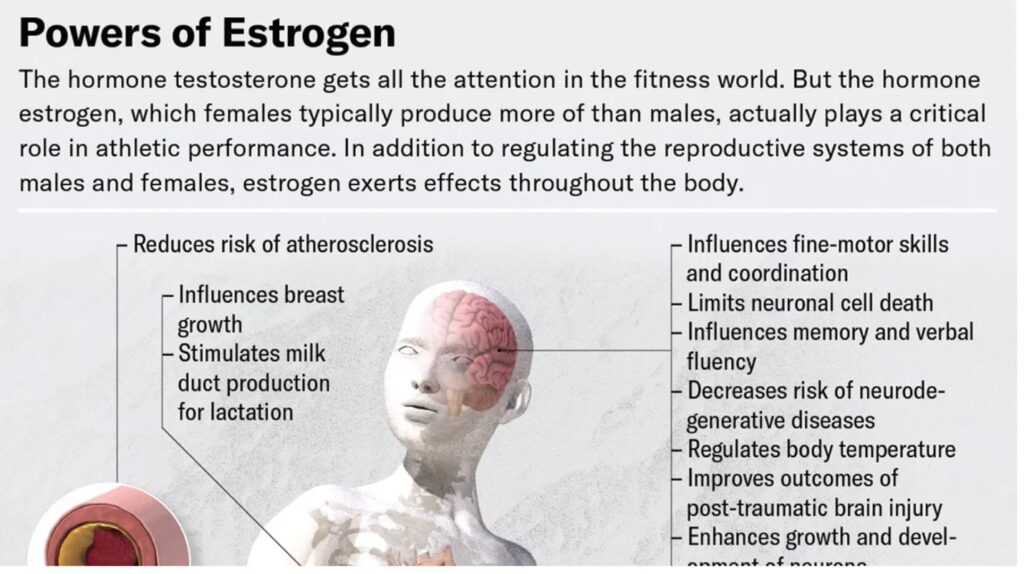Surveys conducted in Georgia have repeatedly shown that the Georgian Orthodox Church’s leader Patriarch Ilia II is the most trusted public figure in the country. Yet, CRRC’s Caucasus Barometer survey data from 2008 to 2017 suggests that both the share of Orthodox Christians in Georgia that trust the Church and the degree to which they trust the Church is on the decline. Although the survey does not provide direct evidence, the scandals surrounding the church in recent years could have contributed to this. For instance, in 2017, a priest was convicted of attempting to poison the Secretary of Ilia II. The government has sold land to the Church at symbolic prices on numerous occasions, often leading to negative media coverage. In 2013, priests were involved in an anti-LGBT rights riot.
CB data on Georgia’s Orthodox Christians’ trust towards the Church shows that 75% reported fully trusting it in 2008. Only 33% did in 2017. During the same period, the share of those who reported trusting the Church more moderately (‘rather trust’ responses) increased from 15% to 38%. Combining the options ‘rather trust’ and ‘fully trust’ is also telling. In 2015, a total of 82% of Orthodox Christians reported trusting the Church; 71% did in 2017, an 11 percentage point decline.
Note: Only answers of those who identified themselves as Orthodox Christians are presented in the charts in this blog post. Answer options “Don’t know” and “Refuse to answer,” which made up less than 5% of responses in any given wave of the survey, are not shown in the charts throughout this blog post.
The decline in trust in the Church between 2015 and 2017 was starkest in Tbilisi, where reported trust declined by 18 percentage points. In Tbilisi, the share of people reporting distrust increased, while outside Tbilisi it did not change beyond the margin of error.
The decline in reported trust in the Orthodox Church is not reflected in changes in some forms of religious practice. Orthodox Christians have reported fasting at similar levels since 2008. There are small fluctuations in reported attendance of religious services, but no clear trend.
Note: The original answer options “Always fast” and “Often fast” were combined into the category “Often or always fast” on the chart above. The answer options “Rarely fast” and “Never fast” were combined into the category “Never or rarely fast”.
Note: The original answer options “Everyday”, “More than once a week”, “Once a week”, and “At least once a month” were combined into the category “At least once a month”. Answer options “Less often” and “Never” were combined into the category “Less often or never”.
While Orthodox Christians in Georgia may not be losing their religion, fewer trust in its key institution – the Church.
The data used in this blog post is available here.









